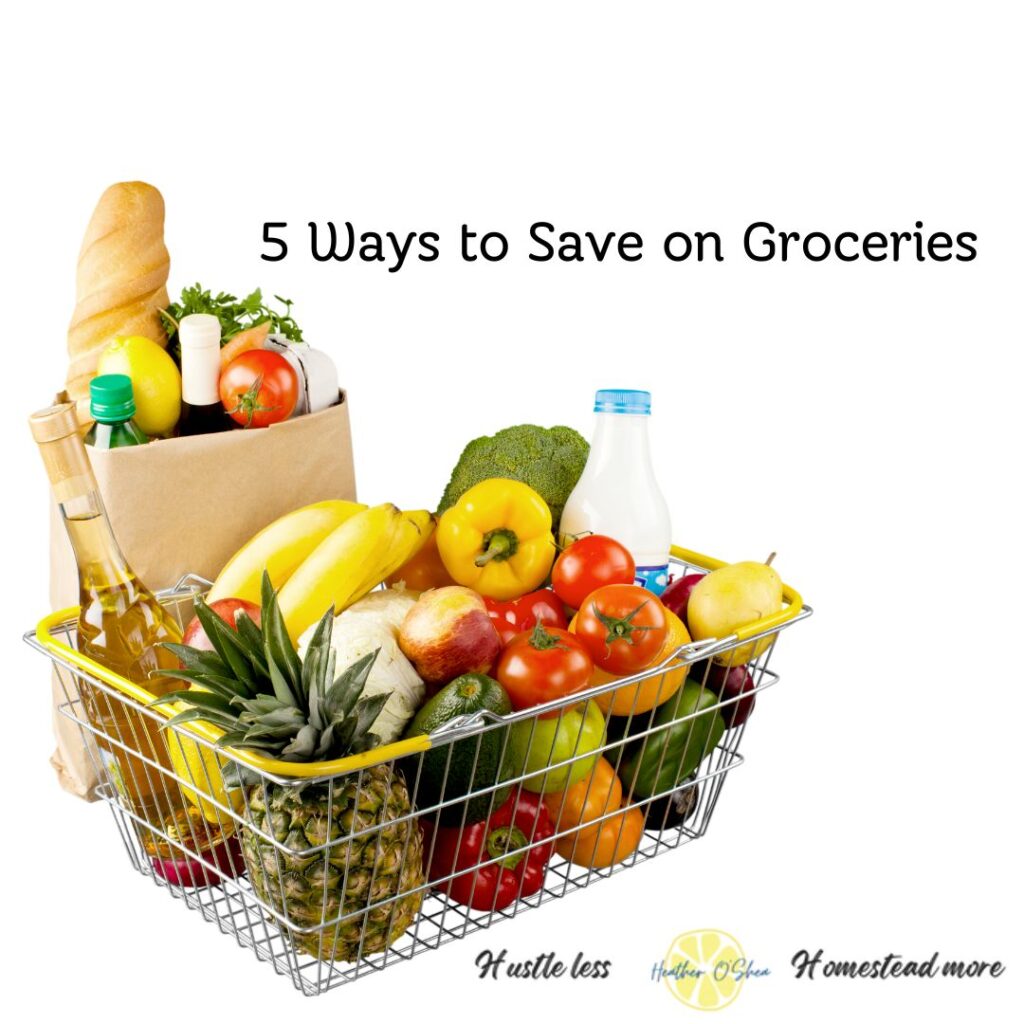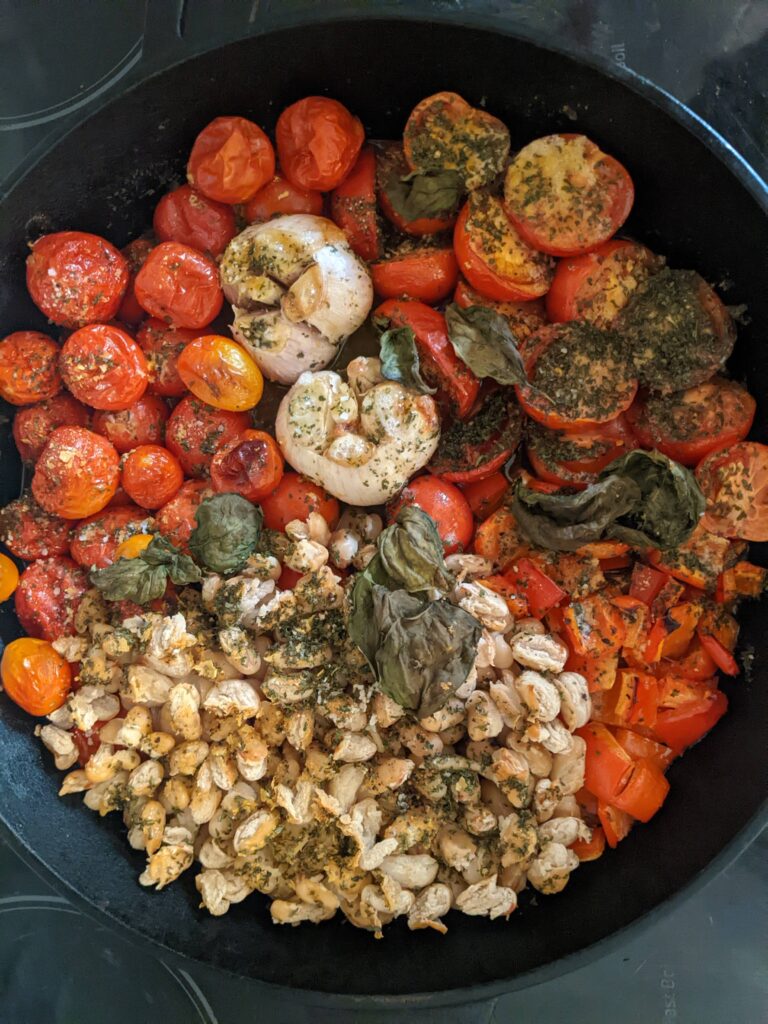
Whether it’s inflation and skyrocketing food prices, a personal circumstance that has affected your income, or just a desire to rage against the corporations –a lit-er-al oligopoly here in Canada– it is possible to take control of your grocery budget without sacrificing comfort, quality, or flavour. In fact, I’ll argue that if you incorporate some of these practices into your life not only will you save money, you’ll enjoy what you eat even more. If you’re used to buying snacks and prepared foods this may be quite a shift when instead you start buying/producing ingredients to make your own snacks and meals, but stick with me. I promise it will be worth it.
What is an “ingredient household”?
It’s probably exactly what you’re thinking: a household that buys and/or produces ingredients instead of prepared convenience foods –basically, you make as much from scratch as you’re able. The more processing that is done before you purchase something, the more it costs to produce, the more you will pay for it at the store. An ingredient household saves money by purchasing ingredients, and then spending some time processing those ingredients into prepared foods, saving their money for other needs or wants.
If you’re not sure where to start, pick the thing that will save you the most money right away. Here’s a few ideas:
Meats: buy the larger cuts of meat (often these are the door crasher specials with the best prices in the sale flyers, but are also available at other times and they’re often sold in a thick plastic cryovac packaging) and portion them raw to freeze for future use, cook them whole and make several meals from a single pork shoulder, or several rotisserie or home cooked whole chickens, or can them for shelf stable storage if you own a pressure canner.
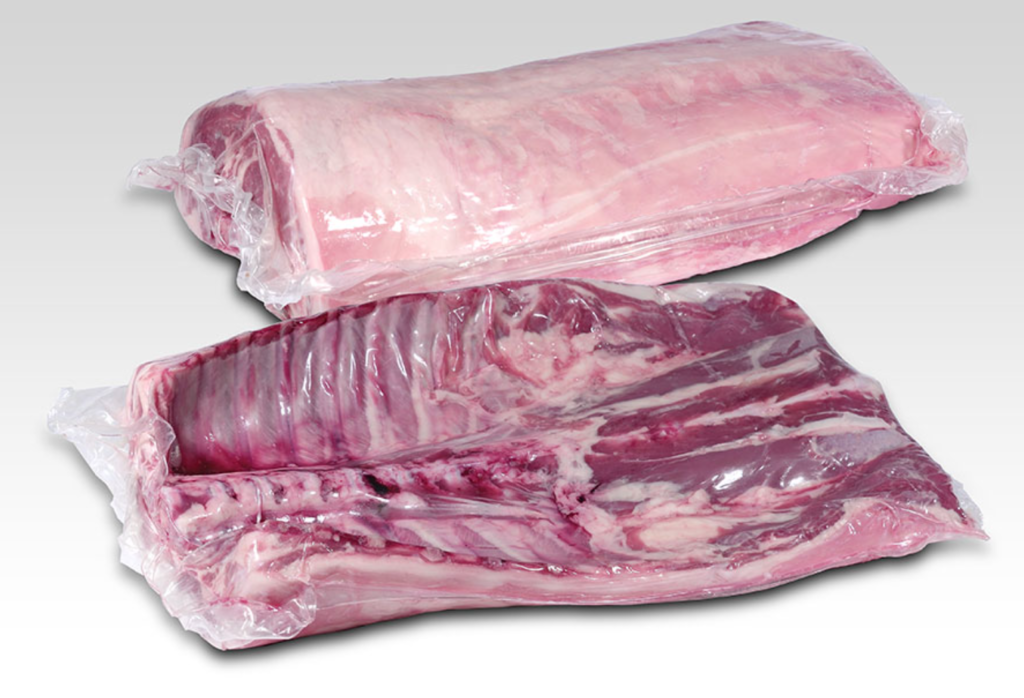
Beans: buy dry beans instead of canned. It won’t seem like you’re saving much since canned beans are so “cheap” but cooking beans from dry costs about 1/3 compare to the cost of canned and if you eat a lot of beans it will save you a bunch over time. You can cook them without soaking if you have a pressure cooker, or even can them youself if you own a pressure canner.
Baked Goods: buy flour, yeast (or make your own sourdough starter), salt, baking powder, oats, sugar, and some spices in bulk and make your own muffins, breads, cakes, pies, rolls, and more. Not only will you save money, but baking can be really therapeutic, especially when you’re kneading bread –take out your rage against Galen Weston Jr. by pounding out a delicuous loaf of sourdough. It’s Win/Win.
But what will I eat?
I hear you — “But, Heather, when I’m hungry I just want to open the fridge and find some FOOD, not ingredients.” –I totally get that, so let’s make the food! First I highly recommend getting a copy of An Everlasting Meal — it will change the way you think about cooking, and also give you some practical ideas and recipes to make your experience as an ingredient household enjoyable and delicious. You can also join our newsletter or Facebook community for recipes, tips, deals, and good times. Here’s a few examples of things I do throughout the week so that there’s always something ready to eat or easy to throw together:
- Make some two ingredient bagels, the easiest no-knead sandwich bread, and/or a loaf of sourdough, depending on how much bread you’ll eat in a week. If you’re making sourdough, make some discard crackers or pikelets/crumpets.

2. Make a soup or stew, using your own practically free broth.
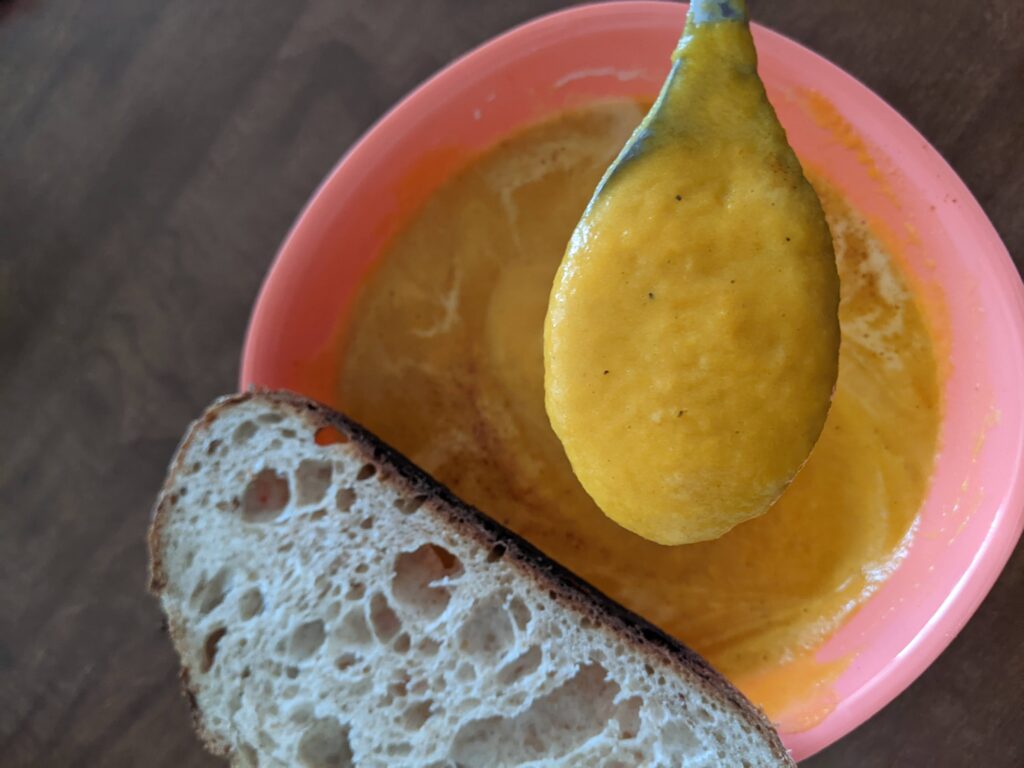
3. Make a basic salad dressing, a couple dips and/or spreads like hummus or stem pesto.
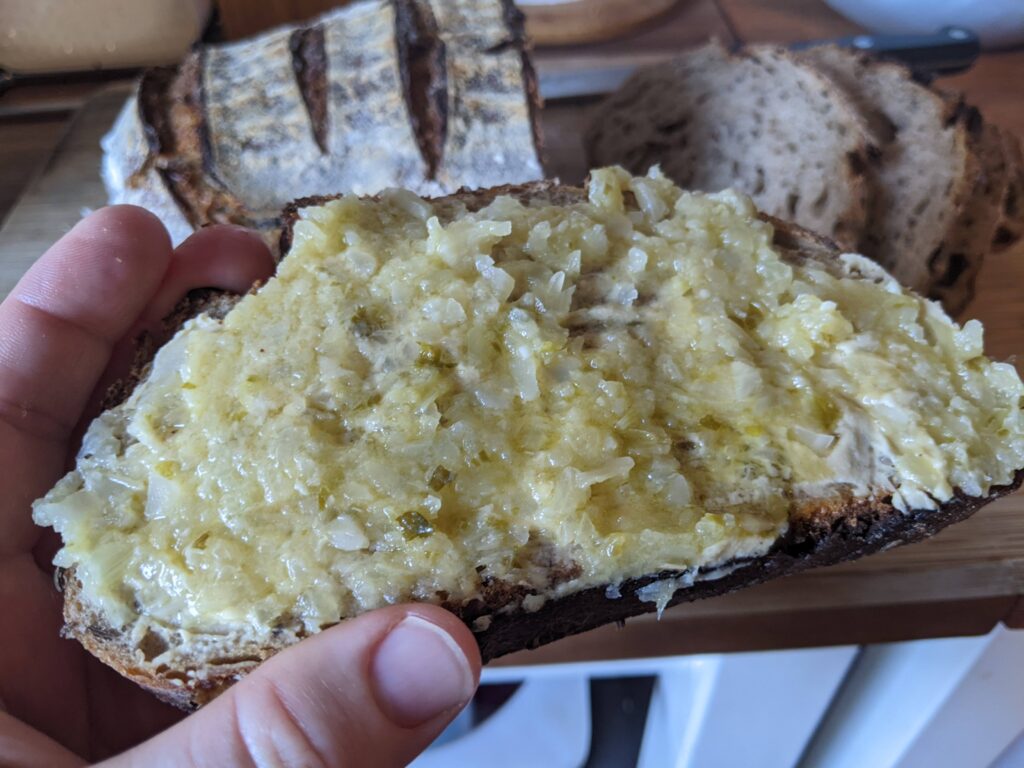
4.Batch roast an oven full of veggies, maybe a chicken or other roast, and toast some nuts. If you’re turning on the oven, you make the most of it.
5. Finally, make something sweet, like your favouite cookies, muffins, or banana bread.
Now you have food that’s ready to heat or assemble into rice bowls, pasta, sandwiches, snacks, and treats without having to pay a premium for prepared foods. Plus, you know exactly what’s in them.
While we might be keeping more cash for ourselves, we are of course still beholden to the system in which we live. So, cut out the middle man where you can, getting your ingredients direct from the producer, produce them yourself, or pay as little as possible for what you must purchase at the chain grocery stores, for more on how to do this check out 5 Ways to Save on Groceries.
